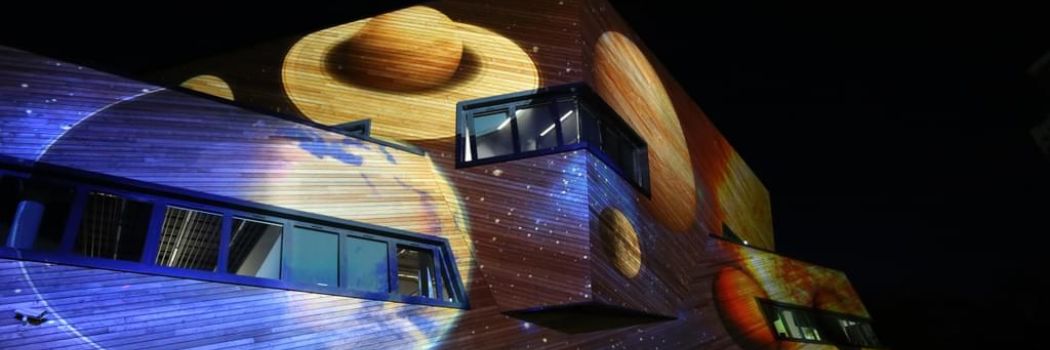Durham University to host the National Astronomy Meeting 2025

Leading scientists from the UK and around world will meet at Durham University next summer to present the latest in cutting-edge space research.
The Royal Astronomical Society’s (RAS) National Astronomy Meeting 2025 (NAM2025) will be held at the University from 7-11 July.
It is the first time Durham has hosted the conference since it held the inaugural meeting under the NAM title in 1992.
Over 500 delegates in the fields of astronomy, astrophysics, space sciences, solar physics, particle physics and mathematics will showcase their research.
The annual meeting is the UK's largest regular gathering of professional astronomers and space scientists.
Welcoming the astronomy community
NAM2025 is organised by the RAS together with Durham University's Centre for Extragalactic Astronomy, the Centre for Advanced Instrumentation, the Institute for Computational Cosmology, the Institute for Particle Physics Phenomenology, and the Department of Mathematical Sciences.
The in-person/hybrid conference will welcome the astronomy, astro-particle and instrumentation communities.
It will also focus on the UK Solar Physics (UKSP) community with participation from the Magnetosphere Ionosphere and Solar-Terrestrial (MIST) and planetary geophysics communities.
An extensive schools engagement programme is also planned to inspire the next generation of scientists and astronomers, along with events for the general public and industry.
Durham has an internationally-renowned reputation for its astronomy, cosmology, mathematics and particle physics research. We’re honoured to host NAM2025 and we’re looking forward to welcoming back many of the UK’s and the world’s leading space scientists to Durham.
Submissions
NAM2025 is open for session-proposal submissions.
The organisers are encouraging researchers at all levels of seniority to apply for specialist and cross-disciplinary scientific presentation and discussion sessions.
They are also encouraging proposals for dedicated sessions on topics relevant to the UK astronomical community, such as professional practice, sustainability, engagement, diversity and inclusion.
Find out more
-
See more information about the Royal Astronomical Society's NAM2025, including key deadlines.
-
Proposals for scientific presentation and discussion sessions should be submitted online. Any queries about NAM2025, please contact nam2025@durham.ac.uk
-
Durham University is a world-leading centre for astrophysics, particle physics and mathematics research. We are ranked third in the UK’s Complete University Guide and also in the world top 100 in the QS World University Rankings for Physics and Astronomy.
-
Our Department of Mathematical Sciences is ranked in the top 10 in the UK in the Complete University Guide 2025.


/prod01/prodbucket01/media/durham-university/departments-/physics/teaching-labs/VT2A9034-1998X733.jpeg)